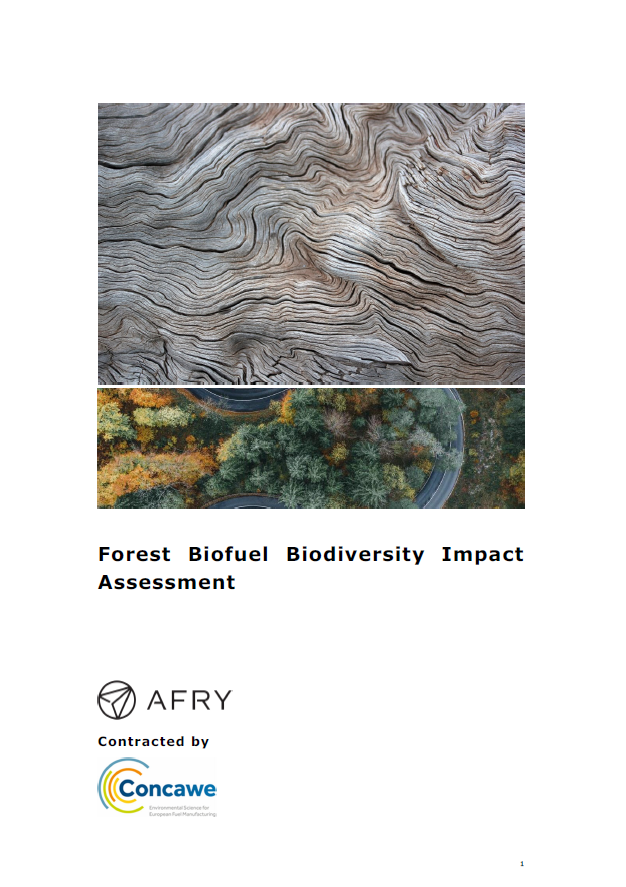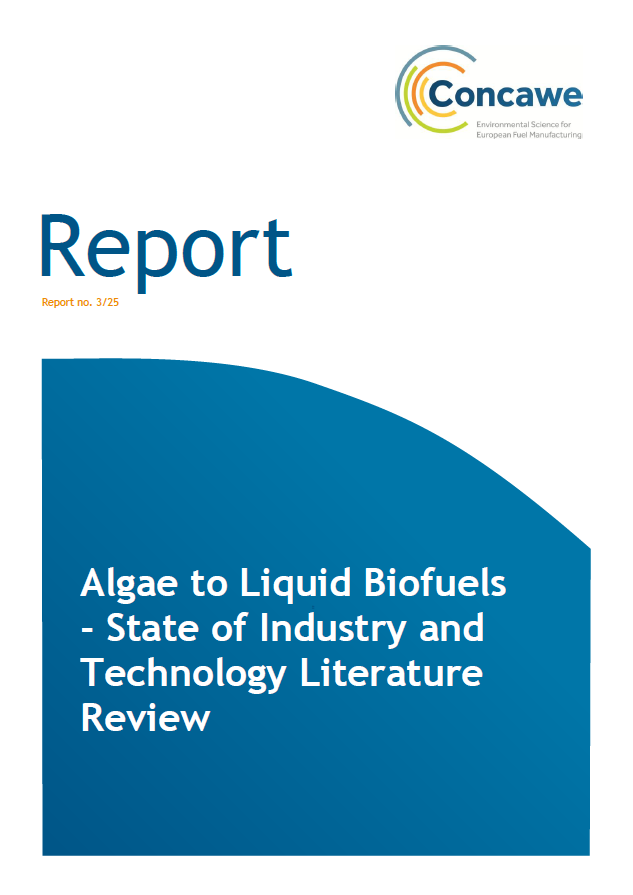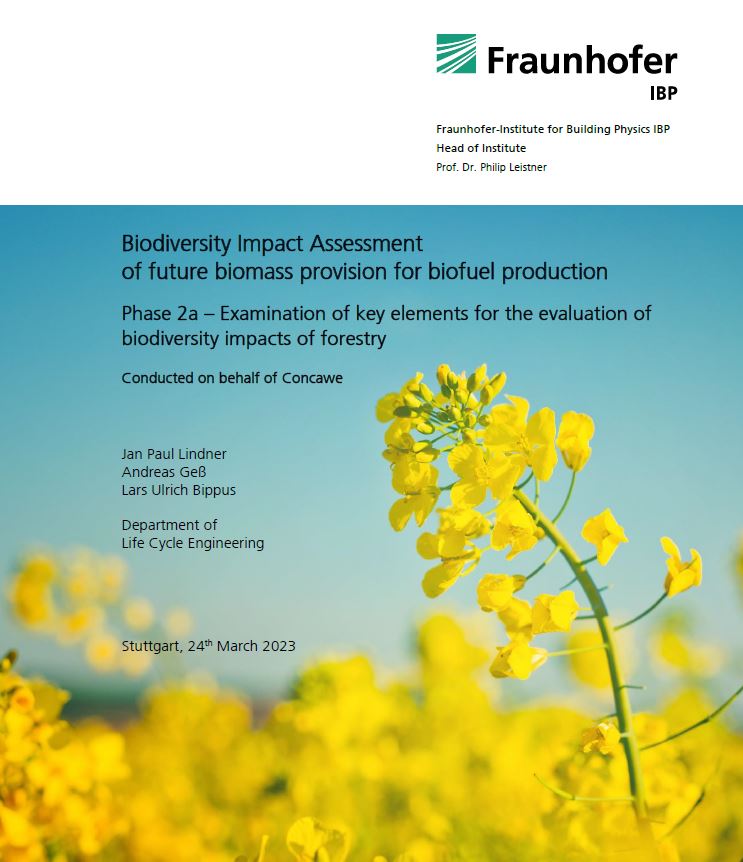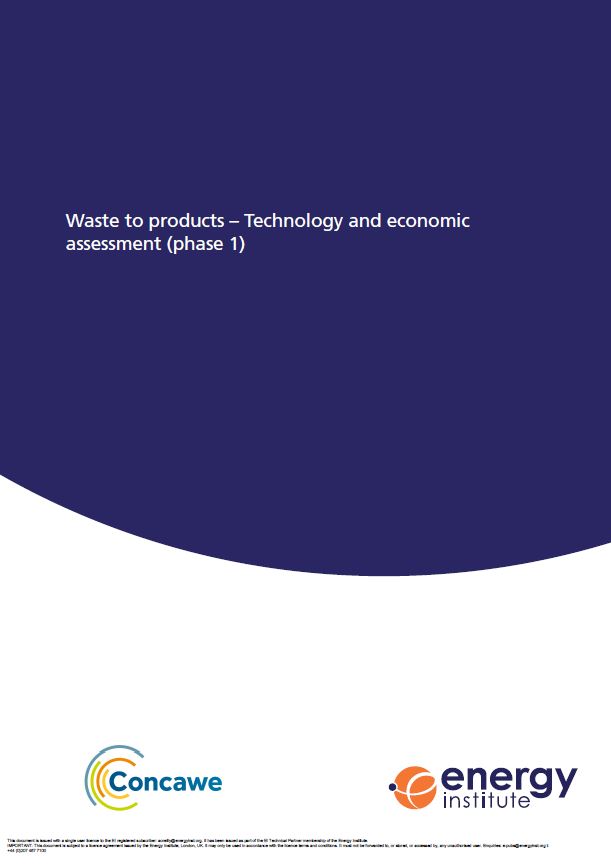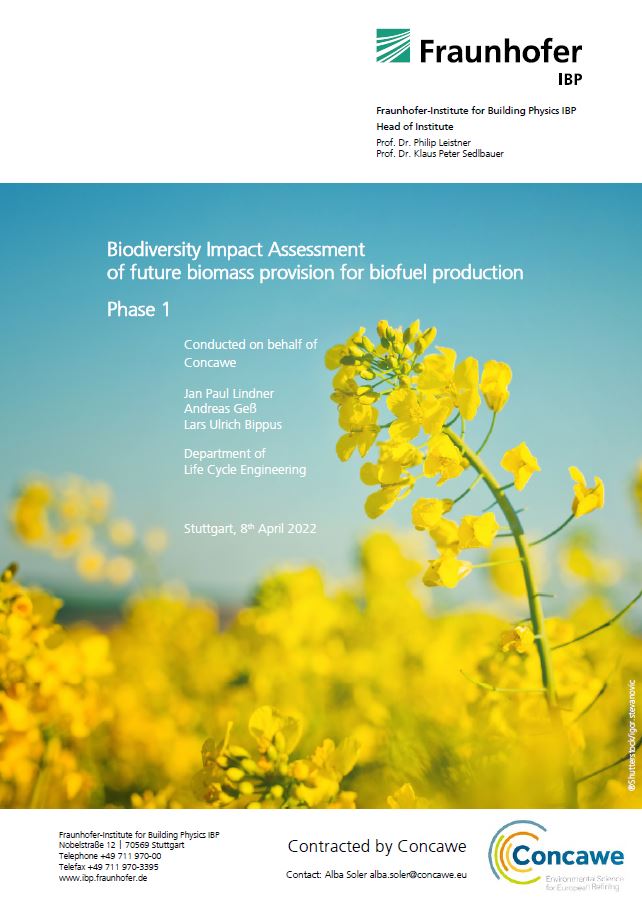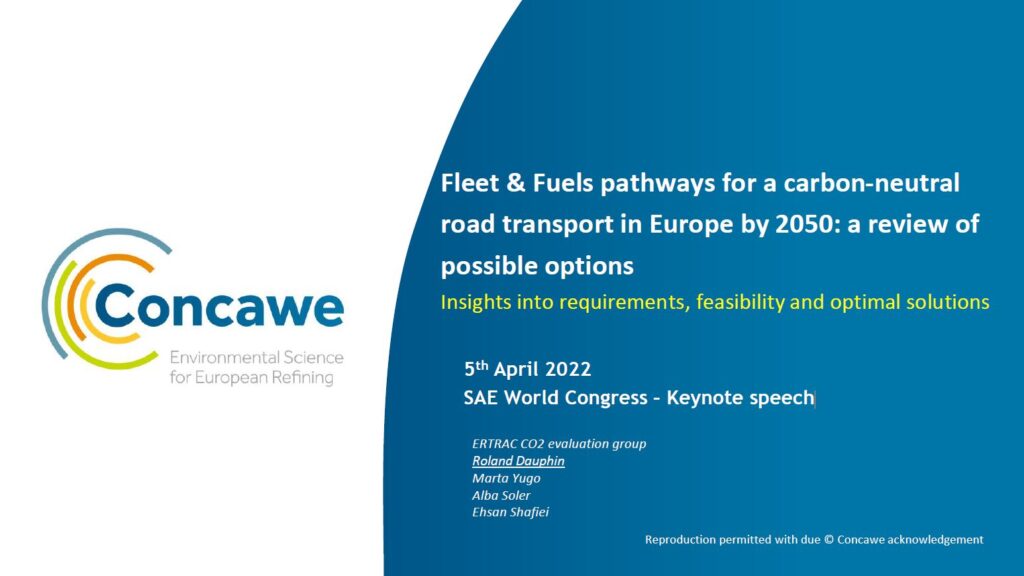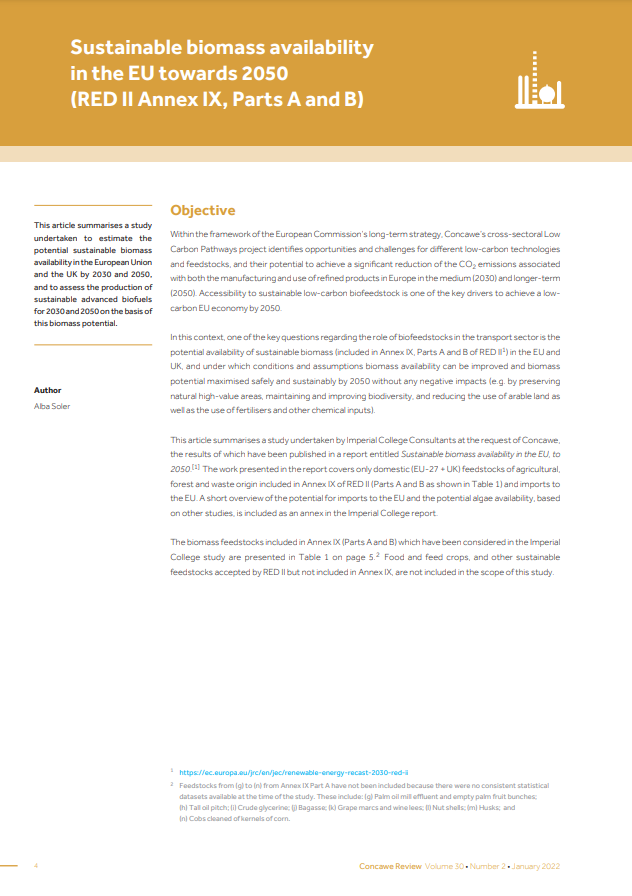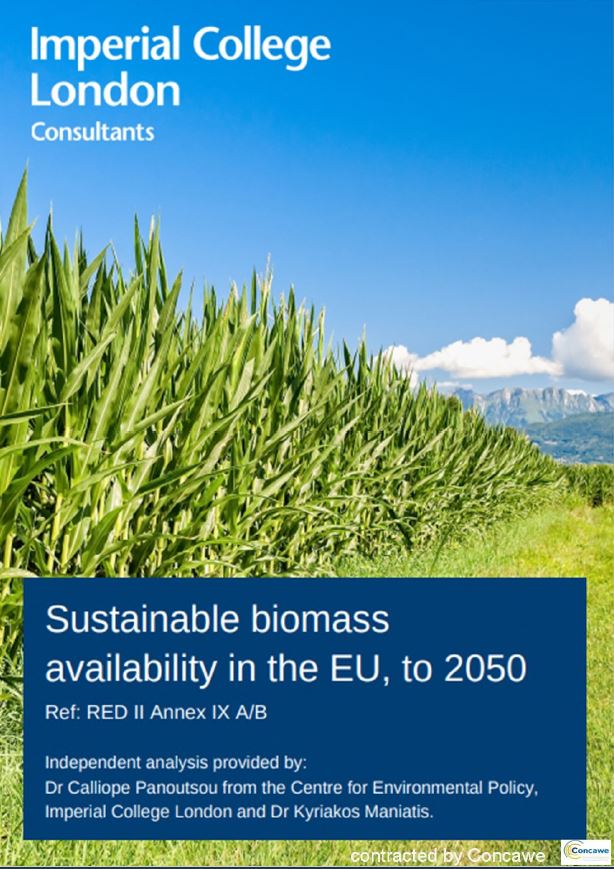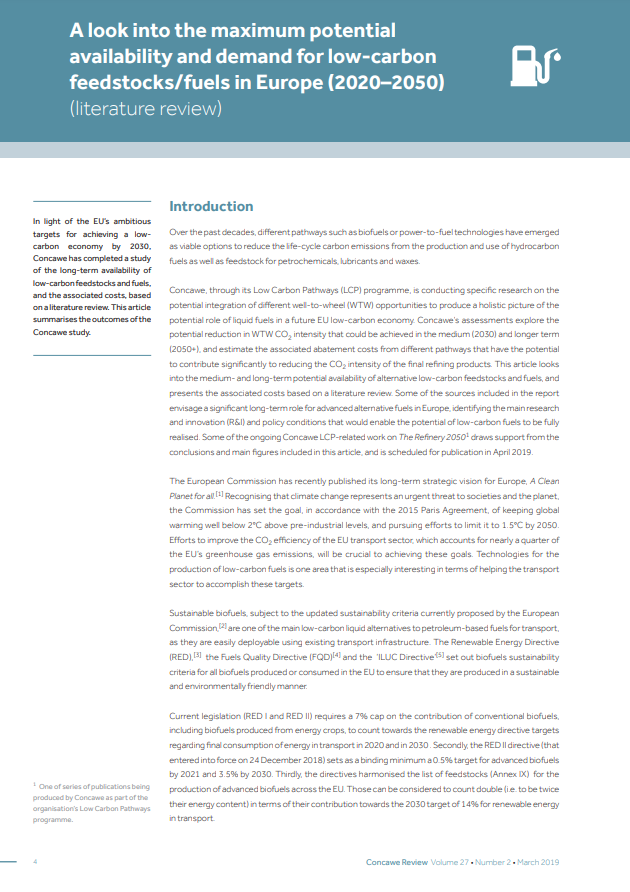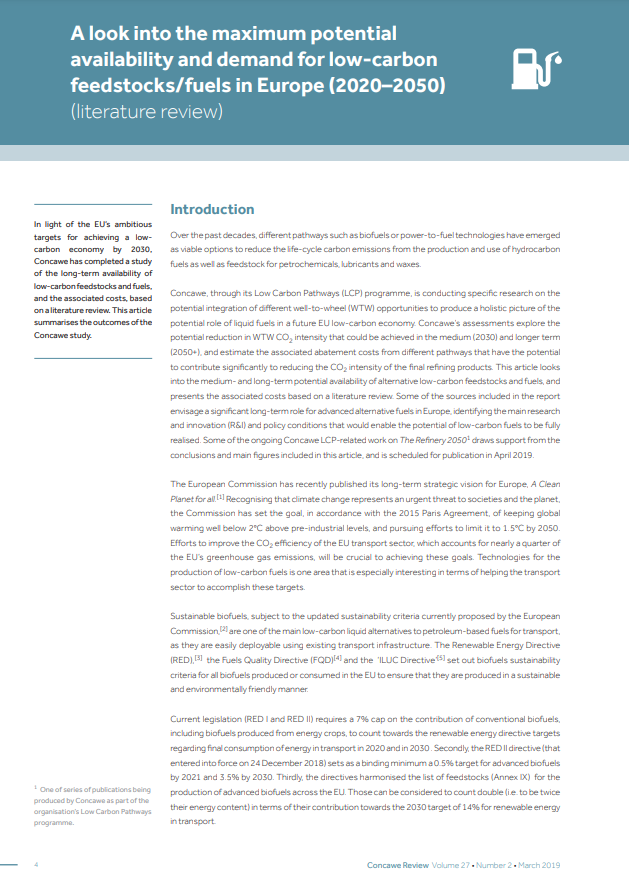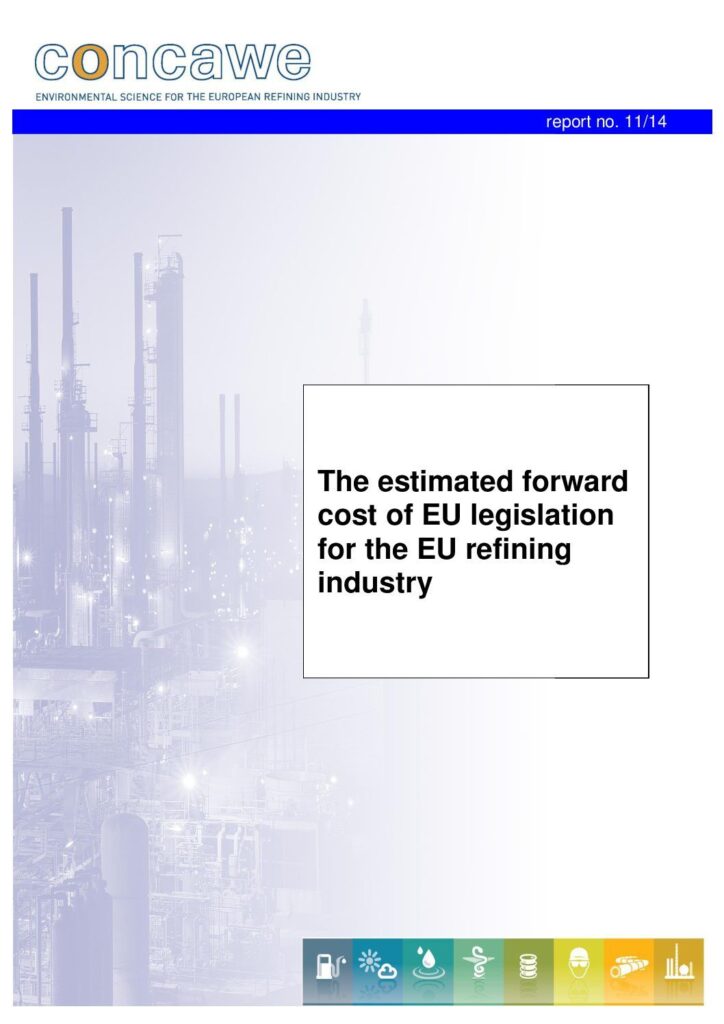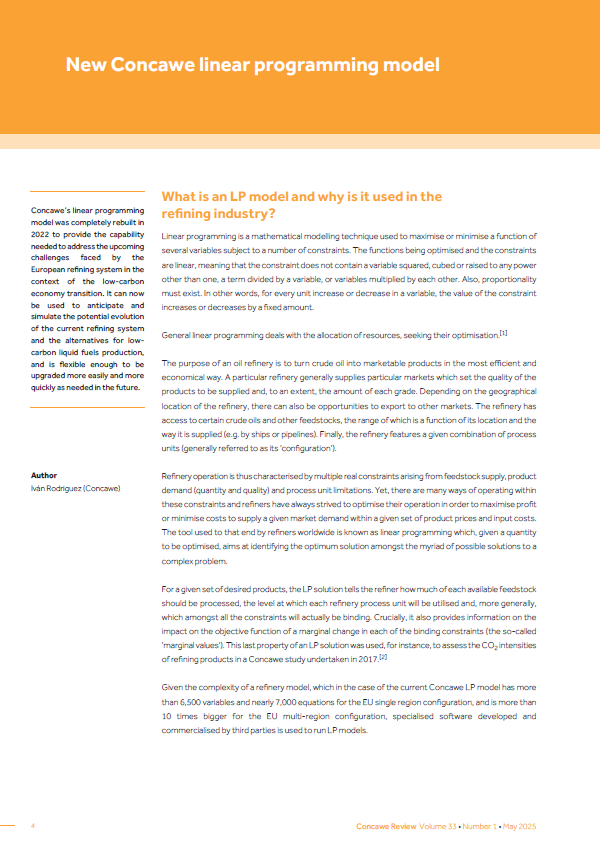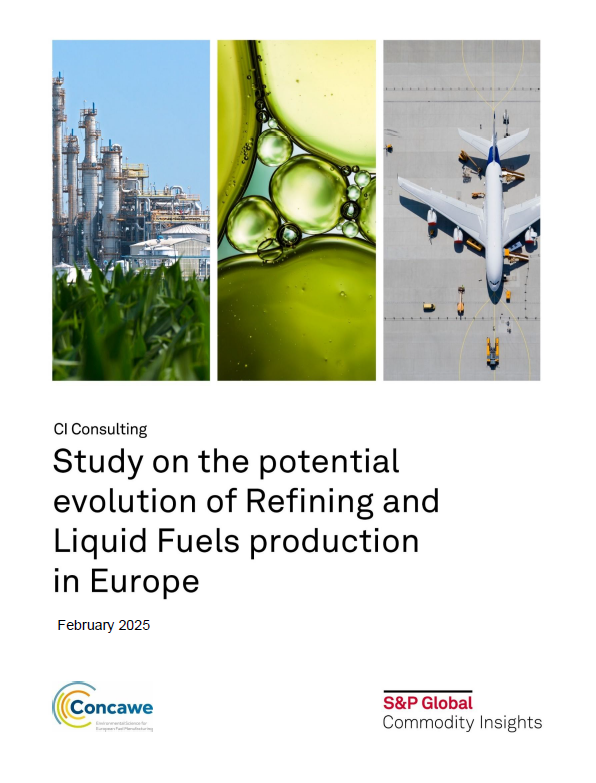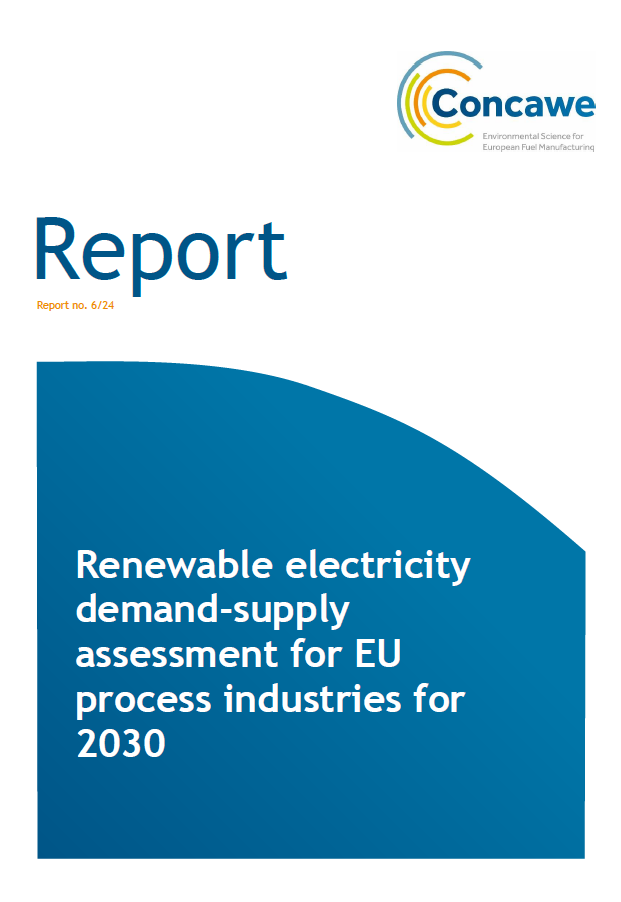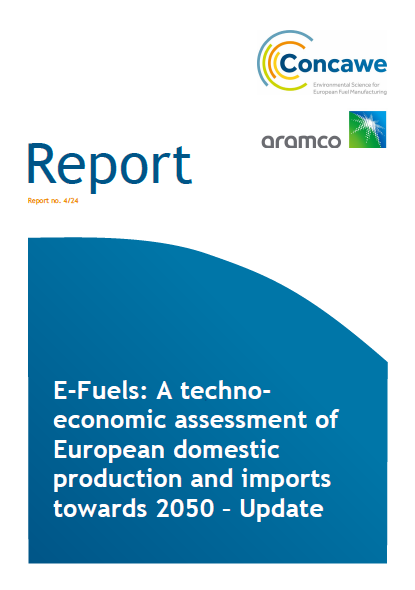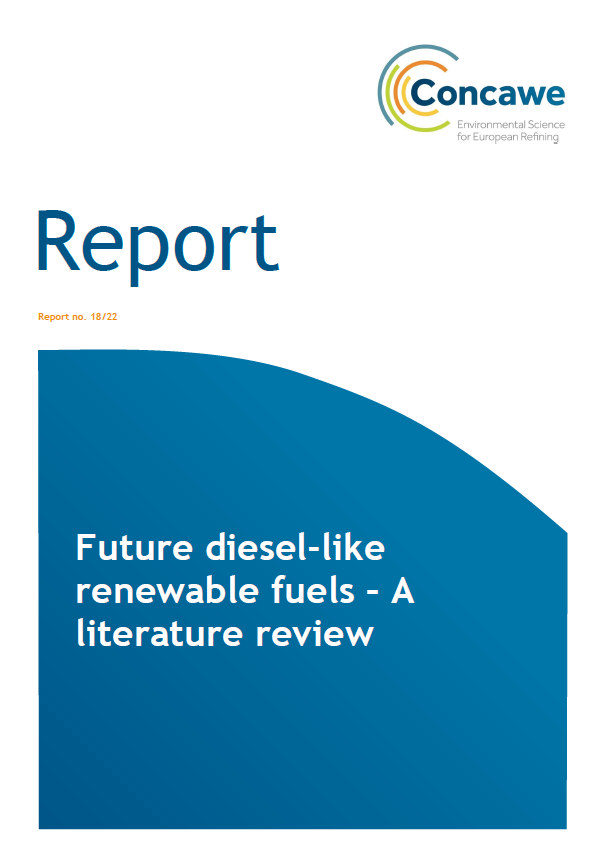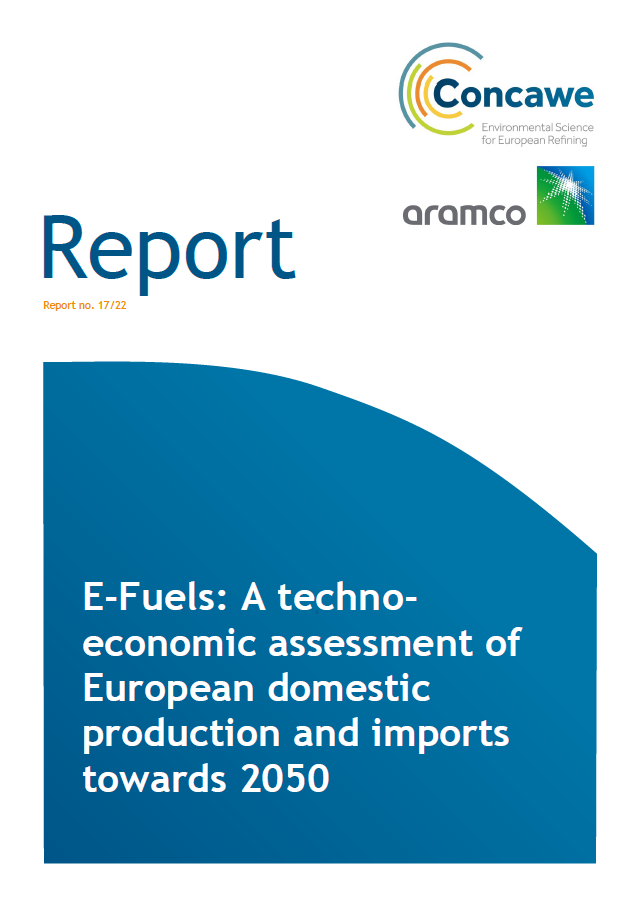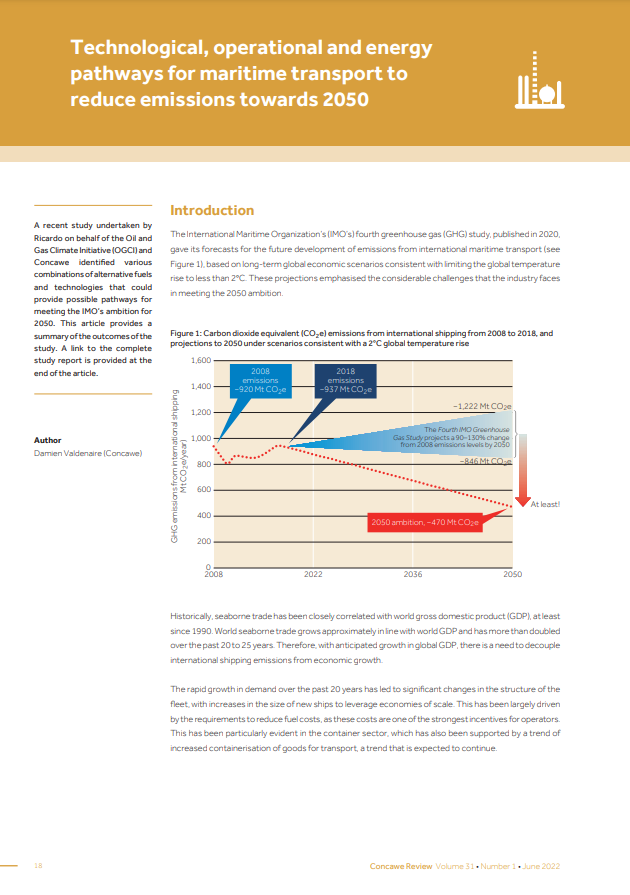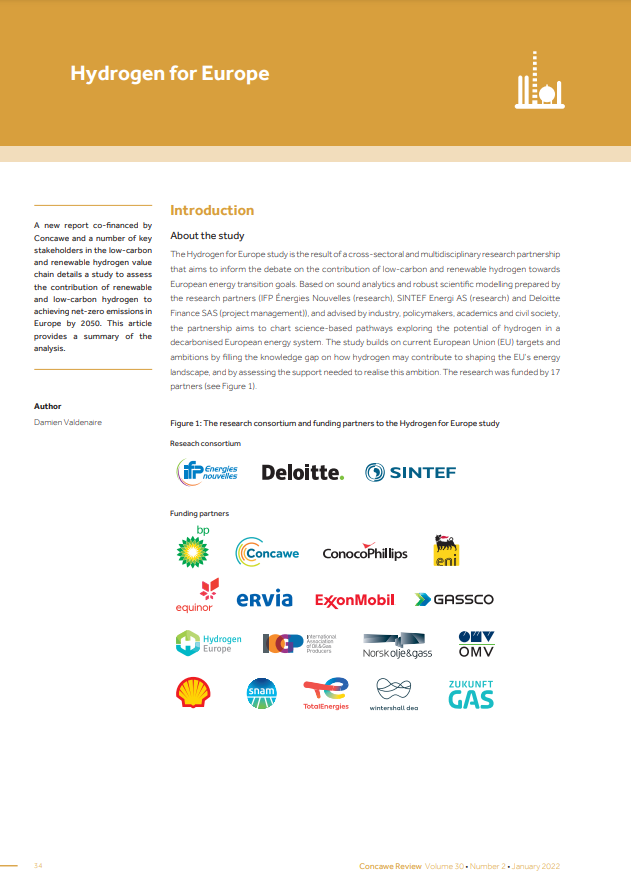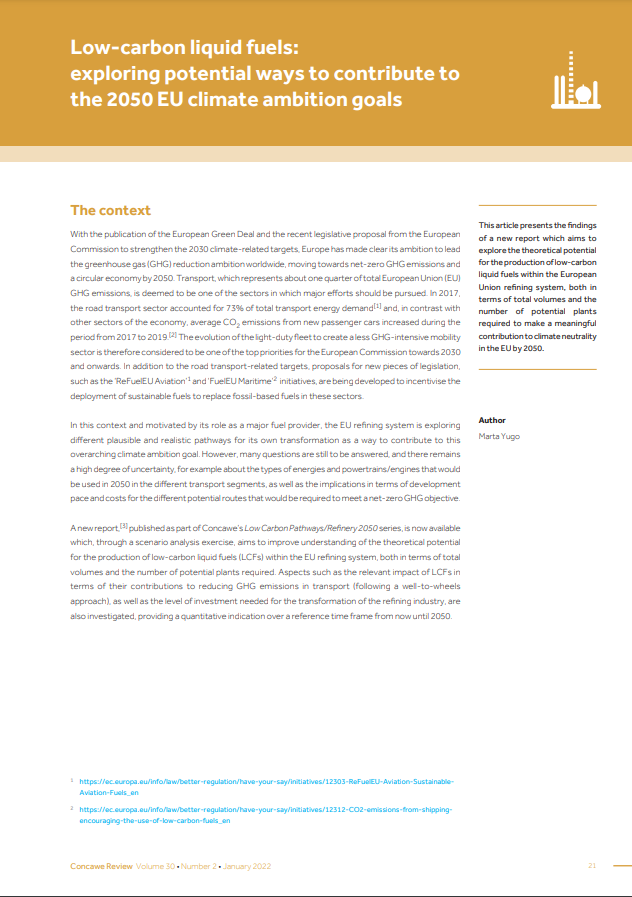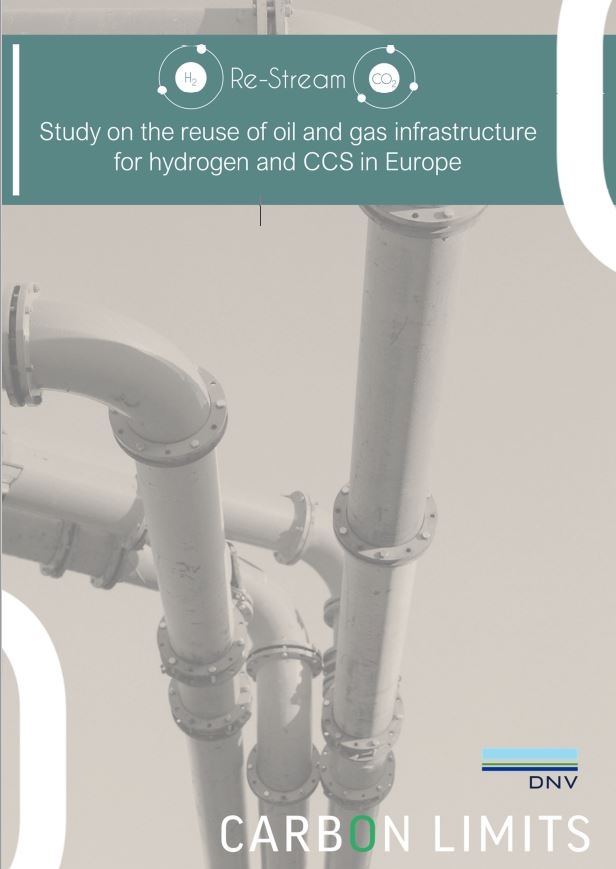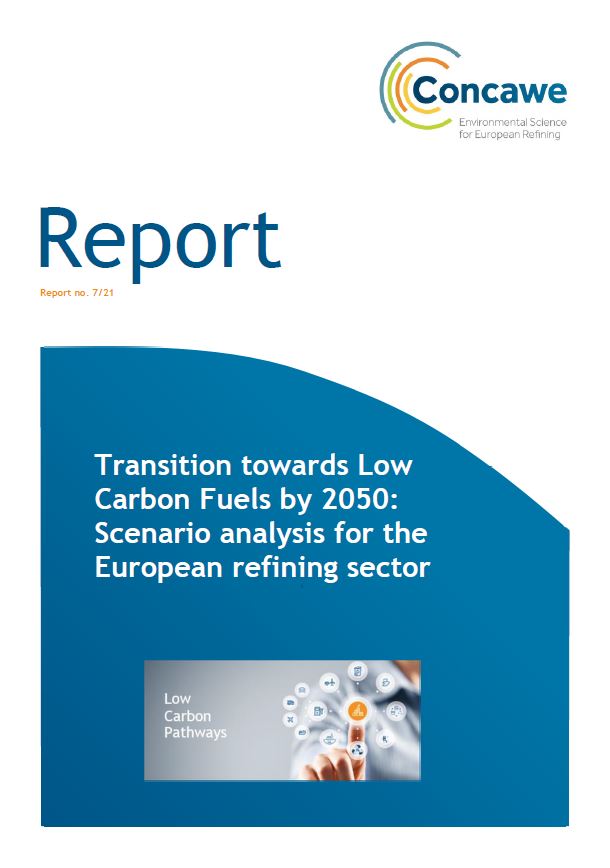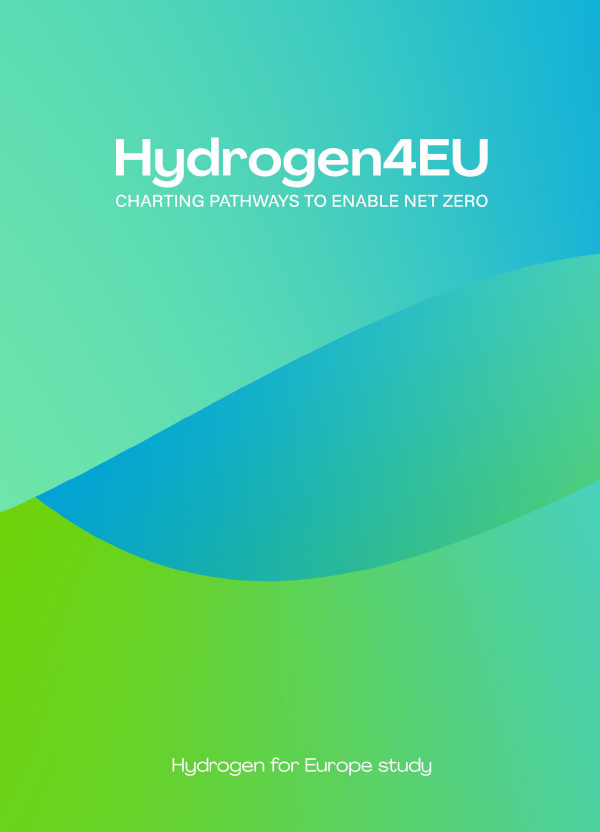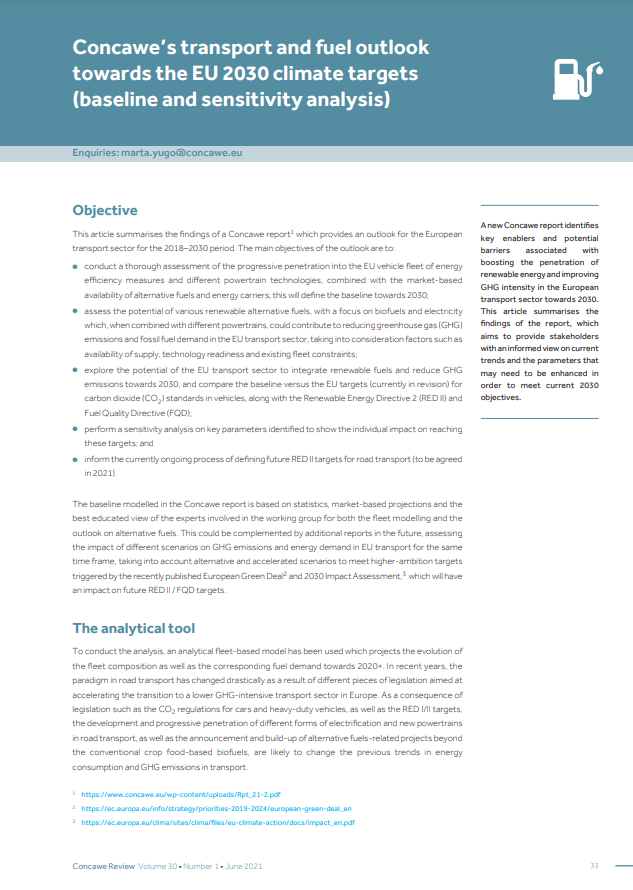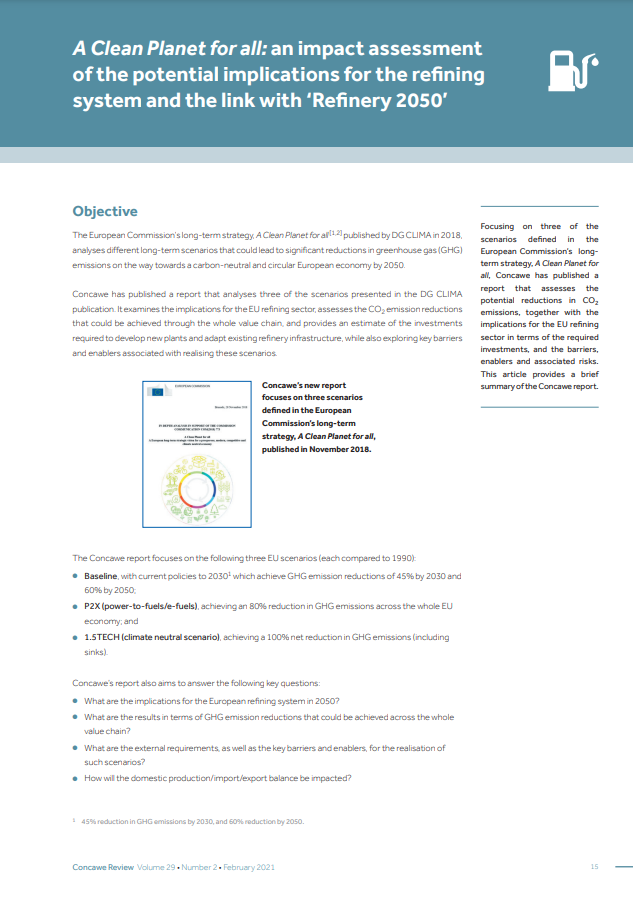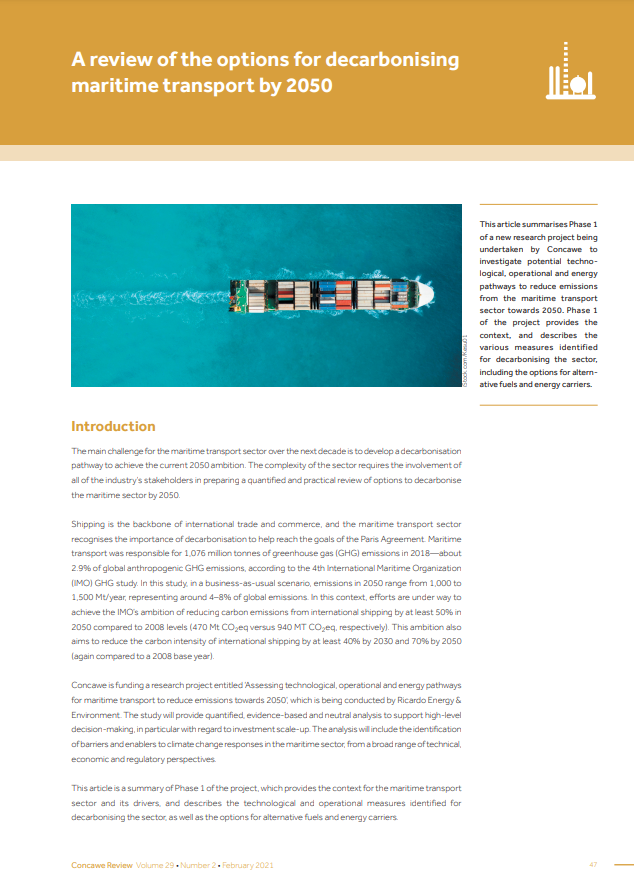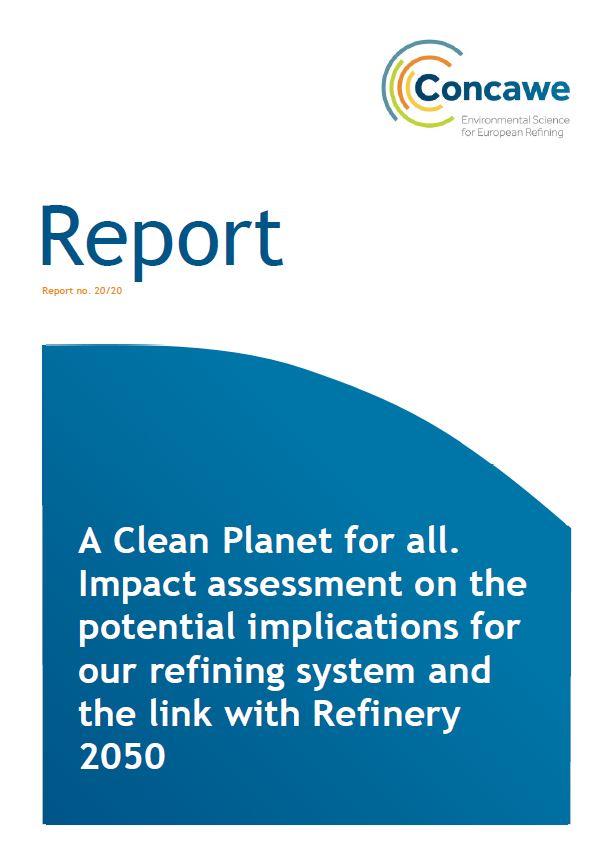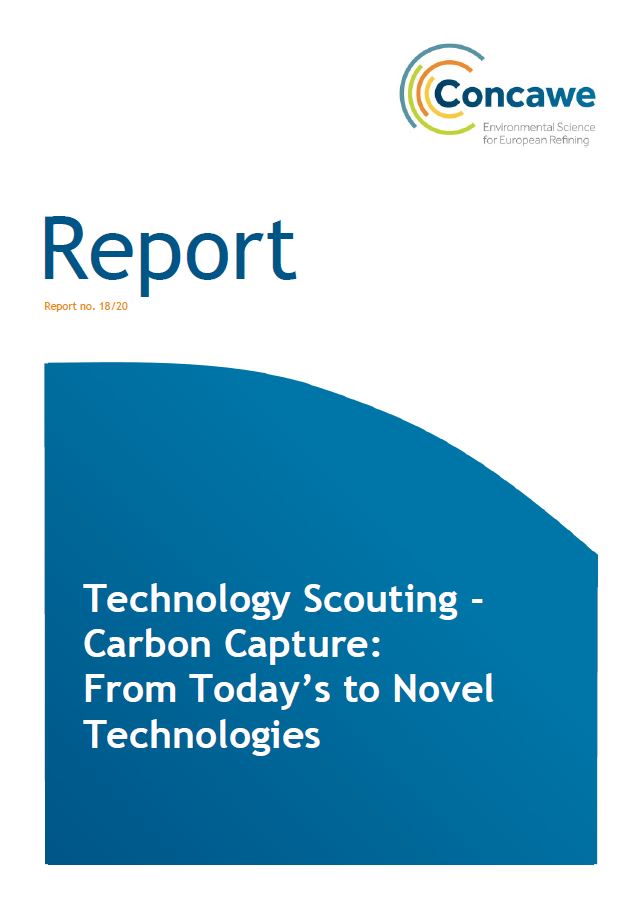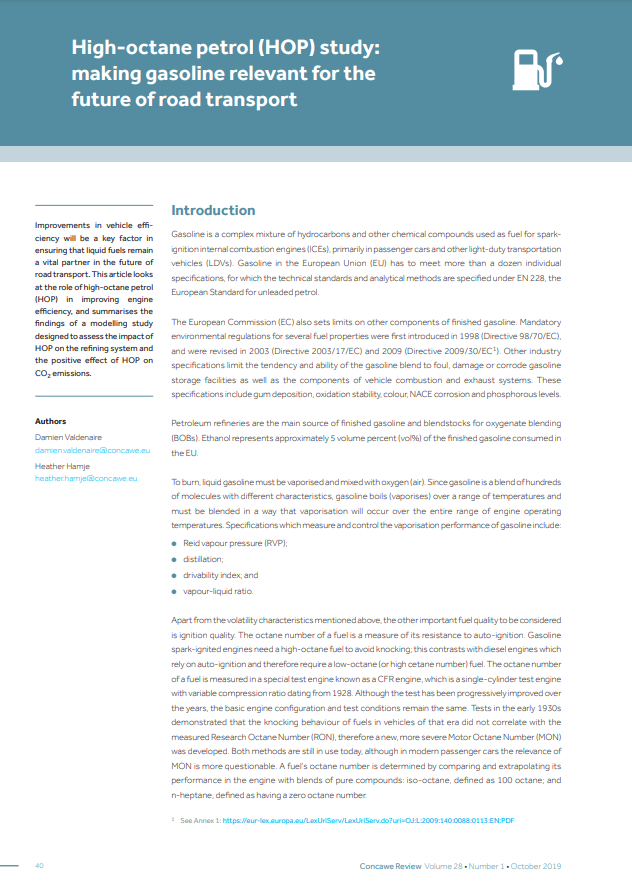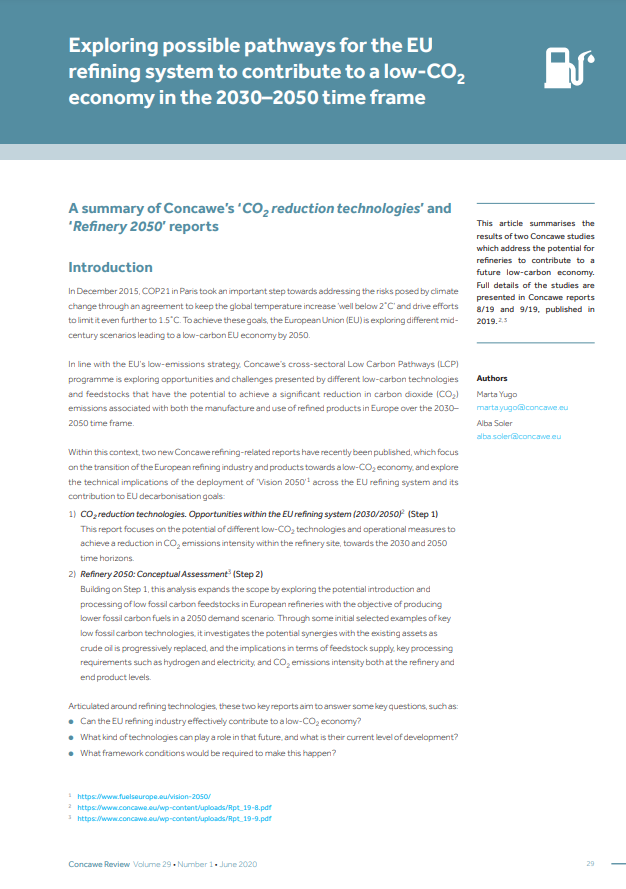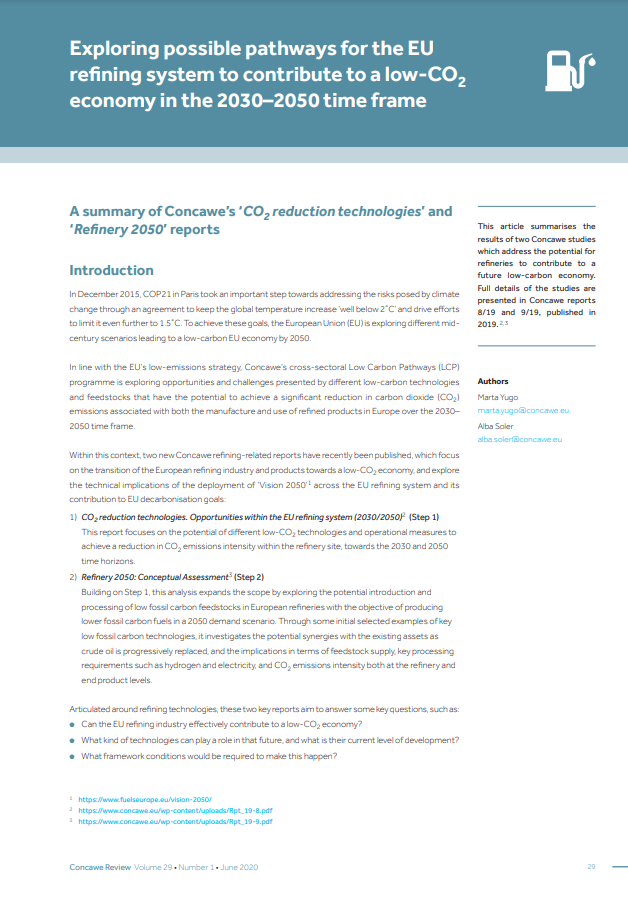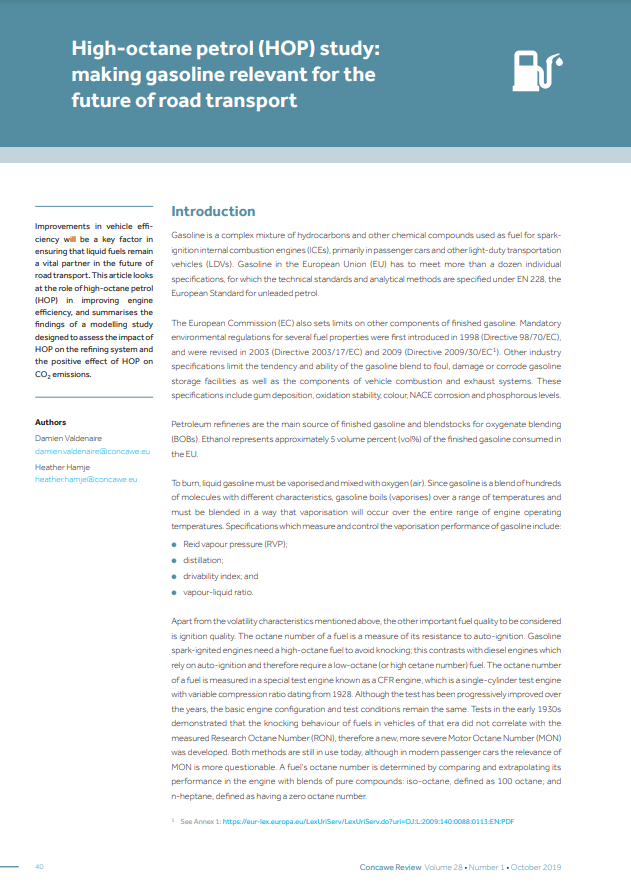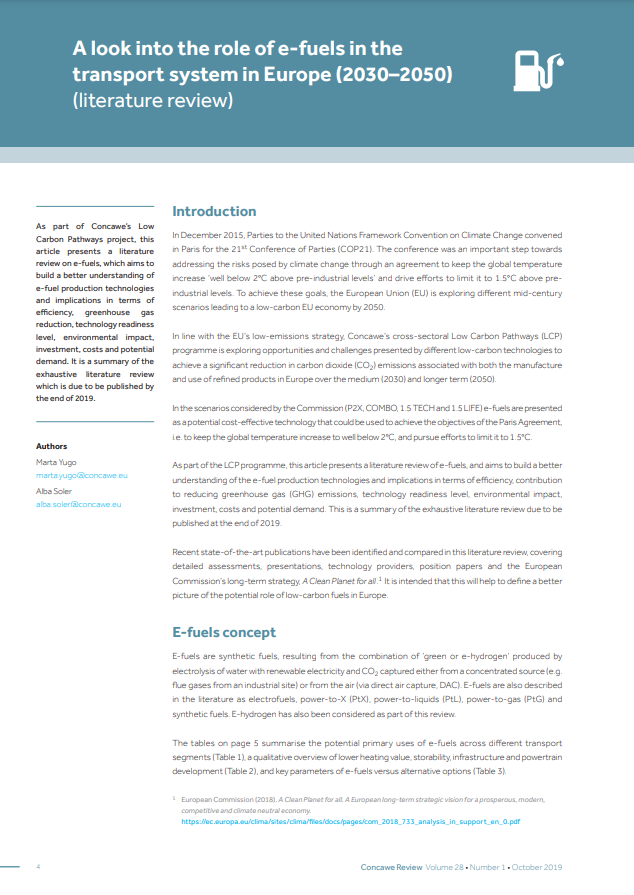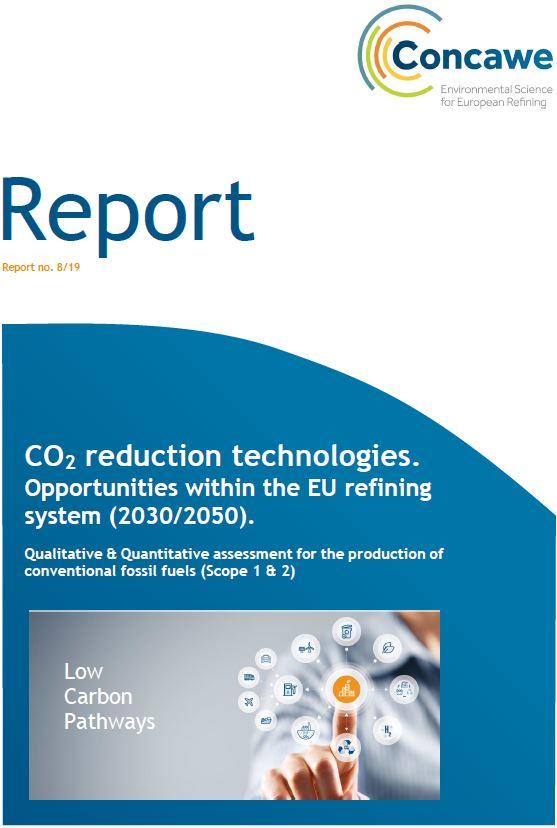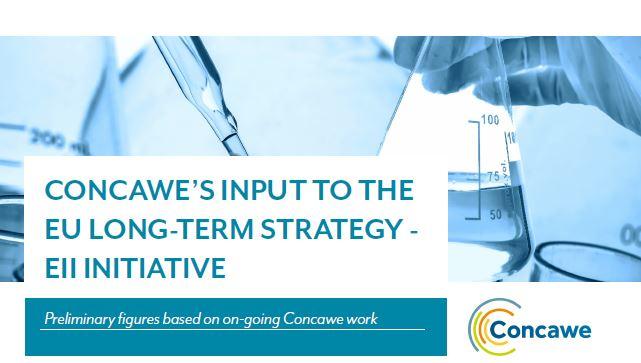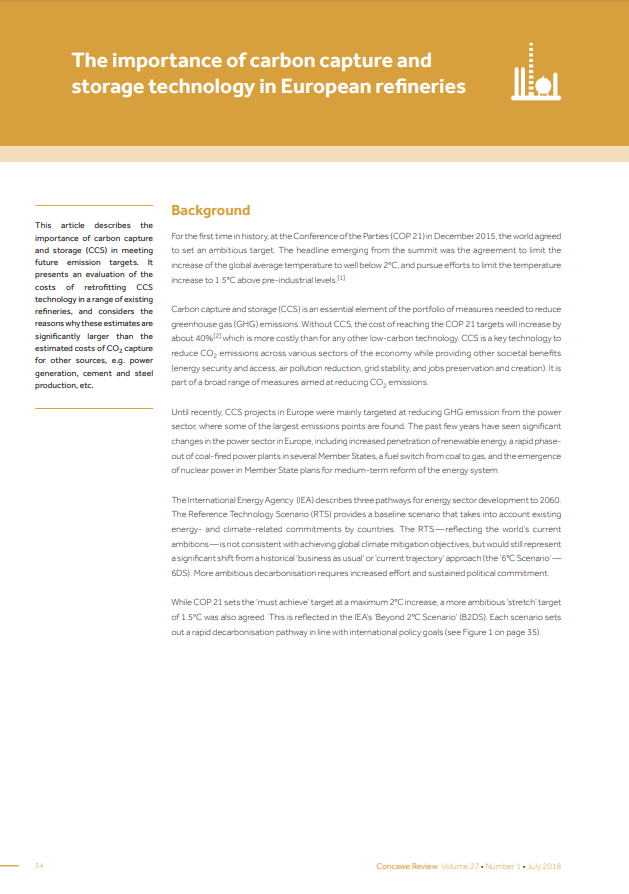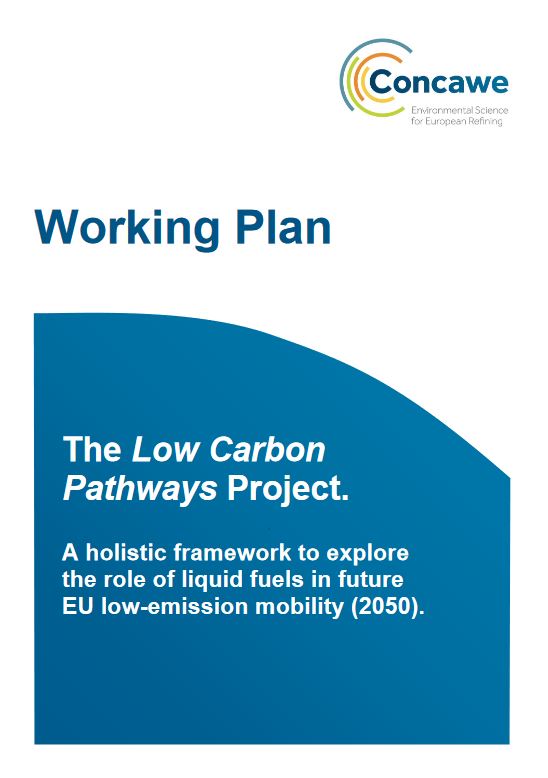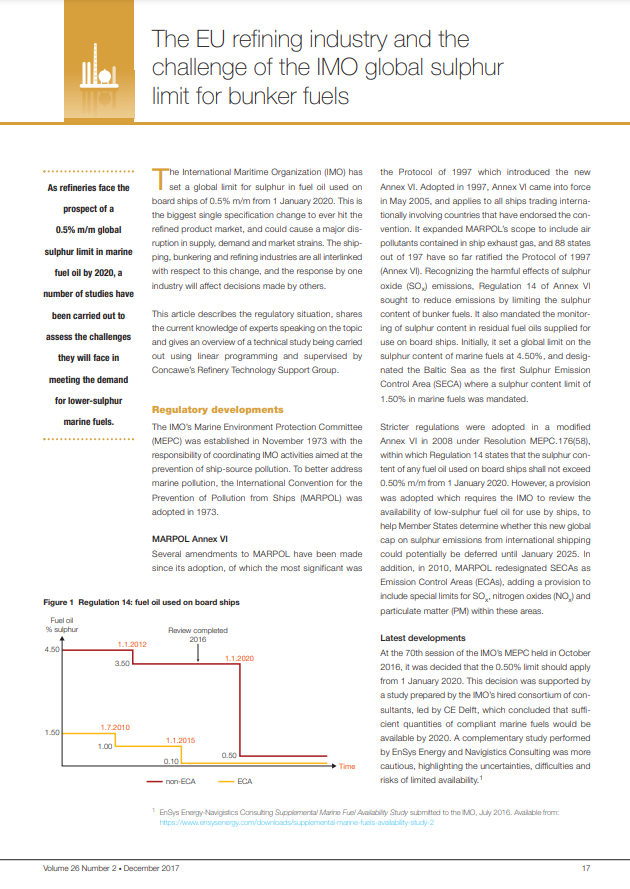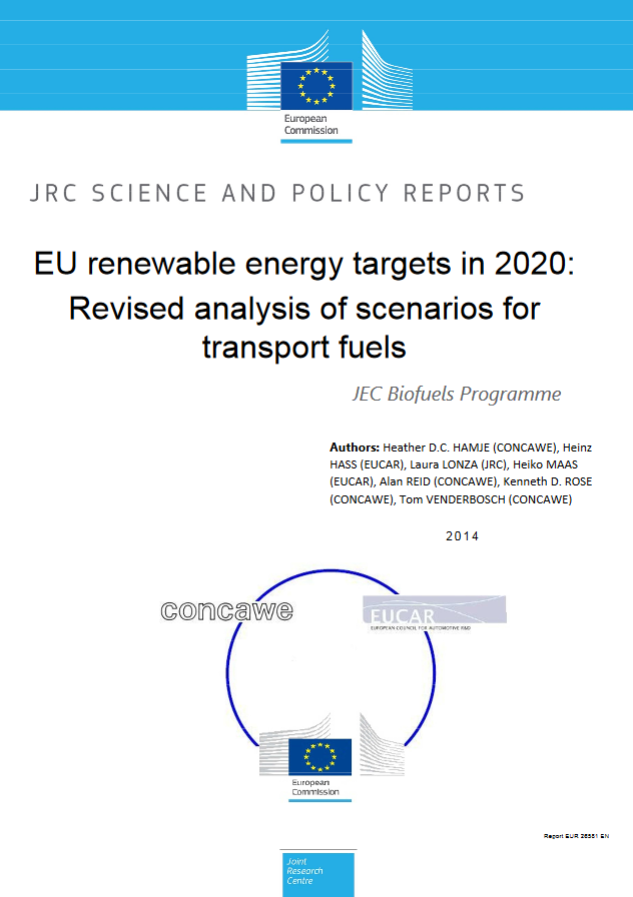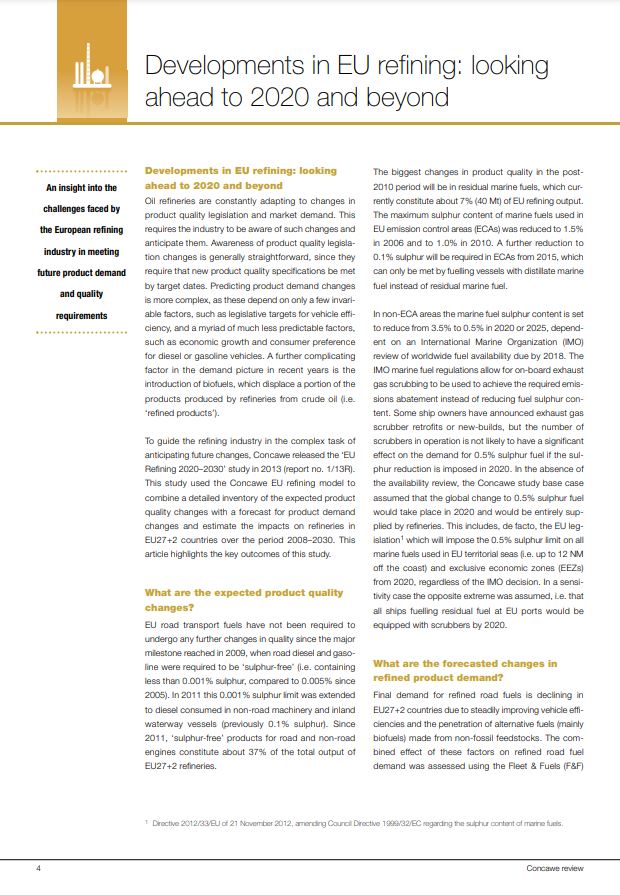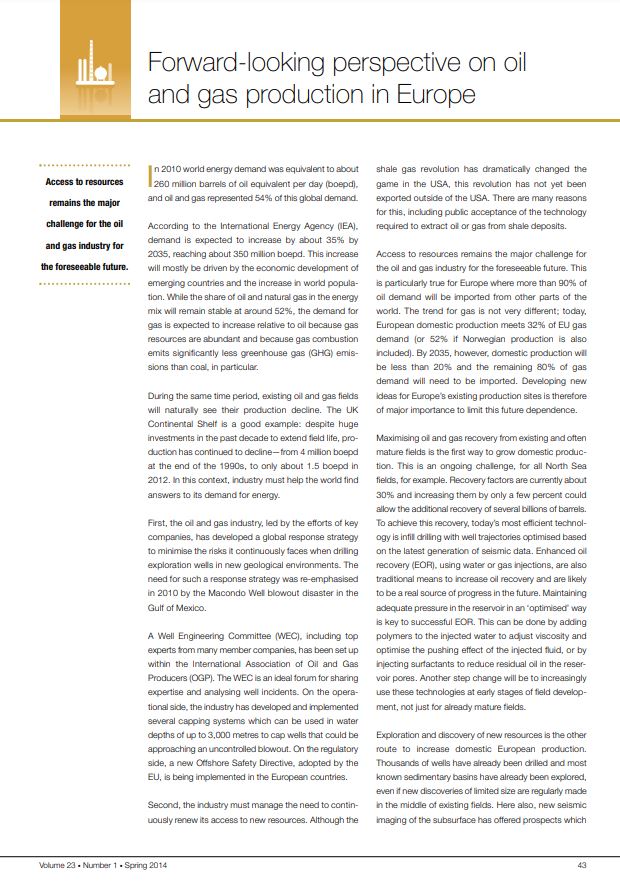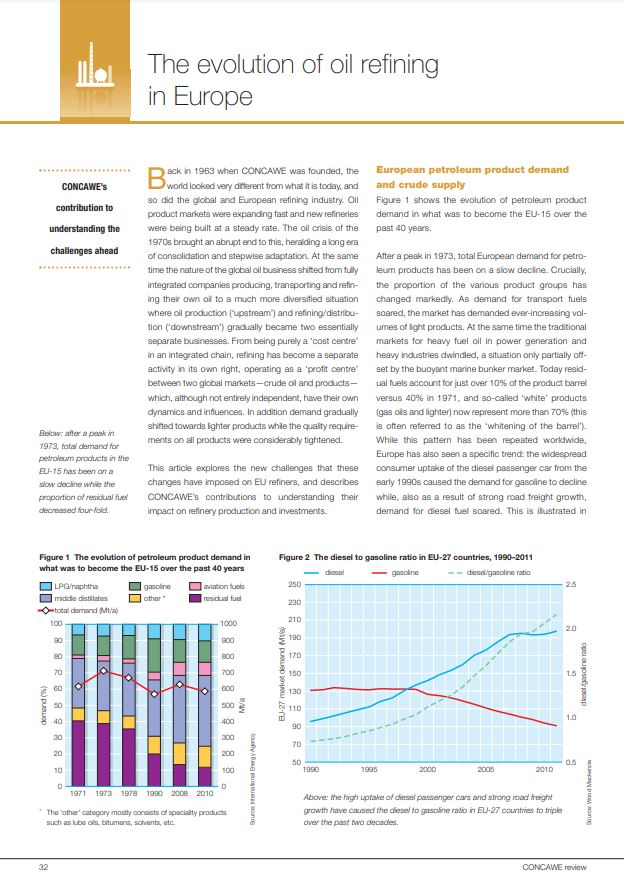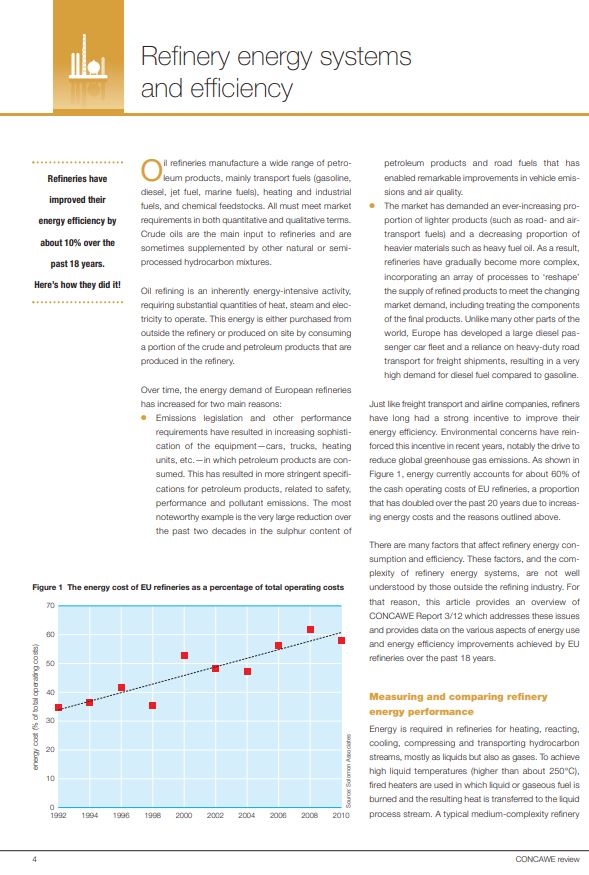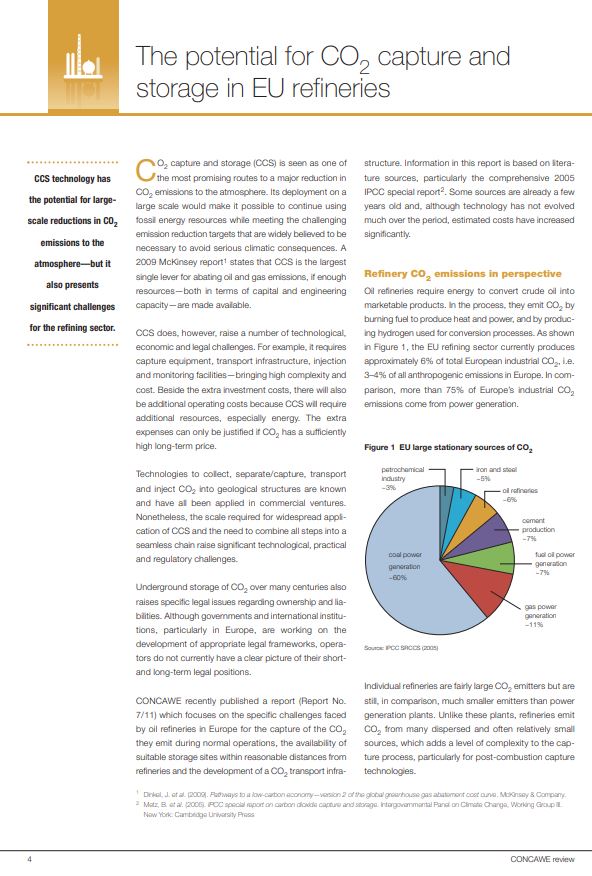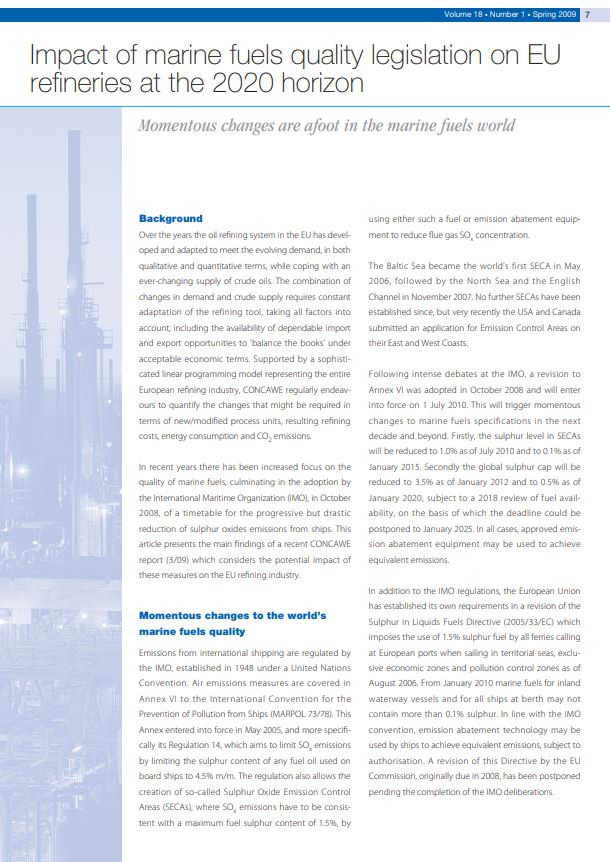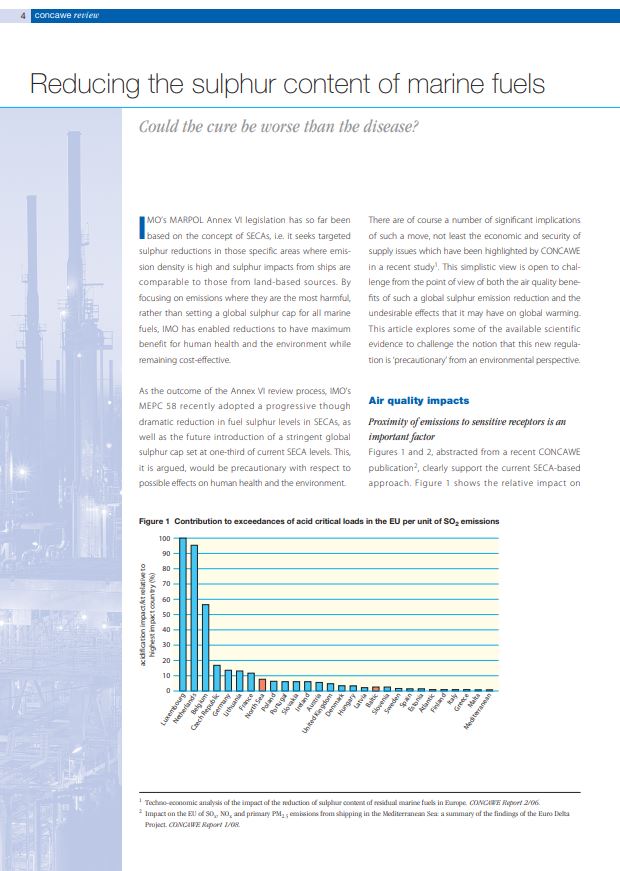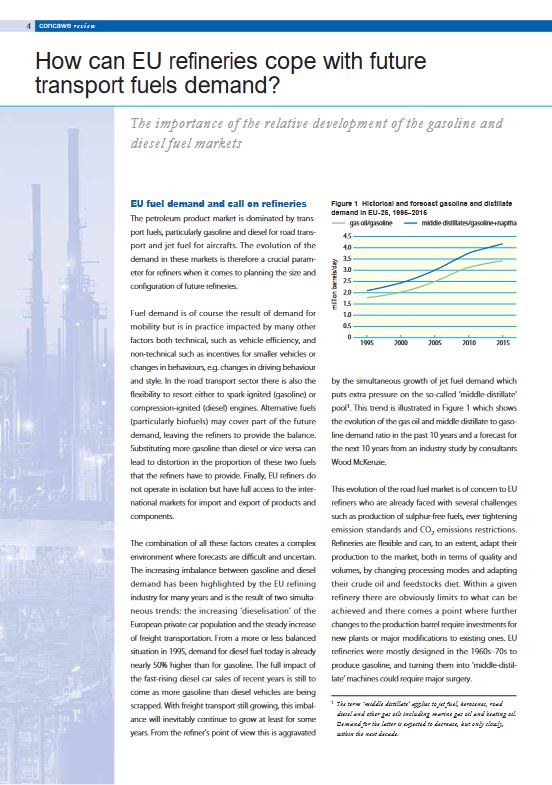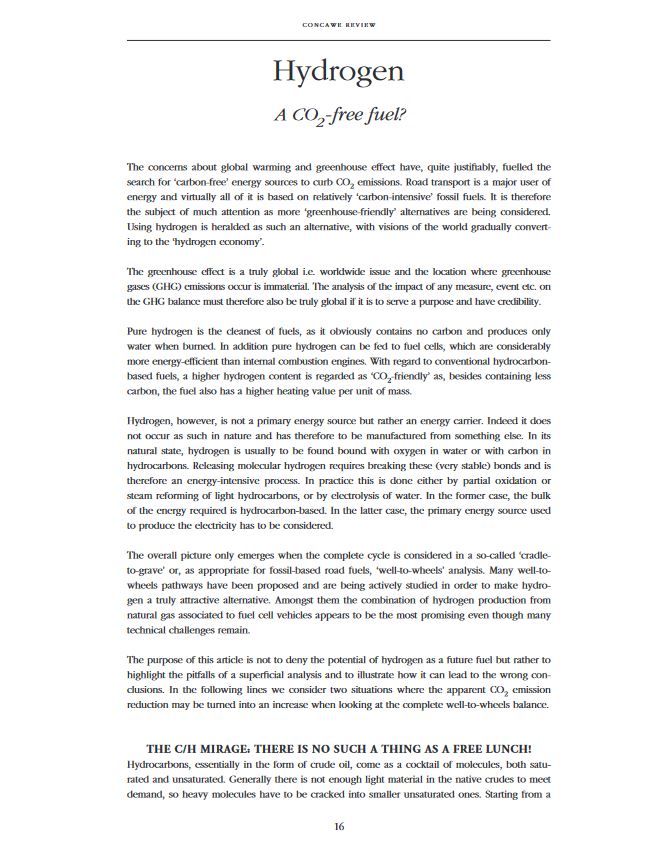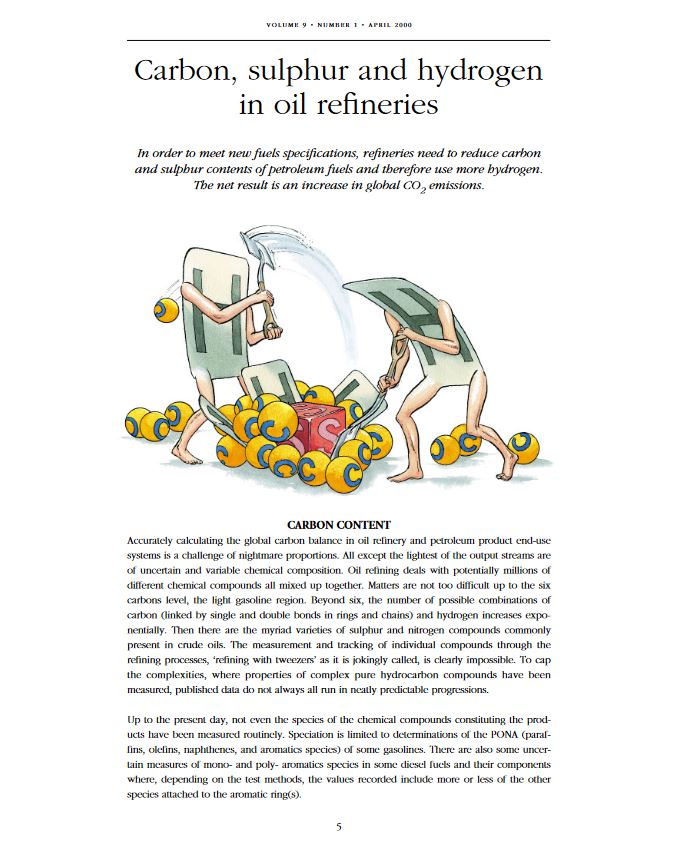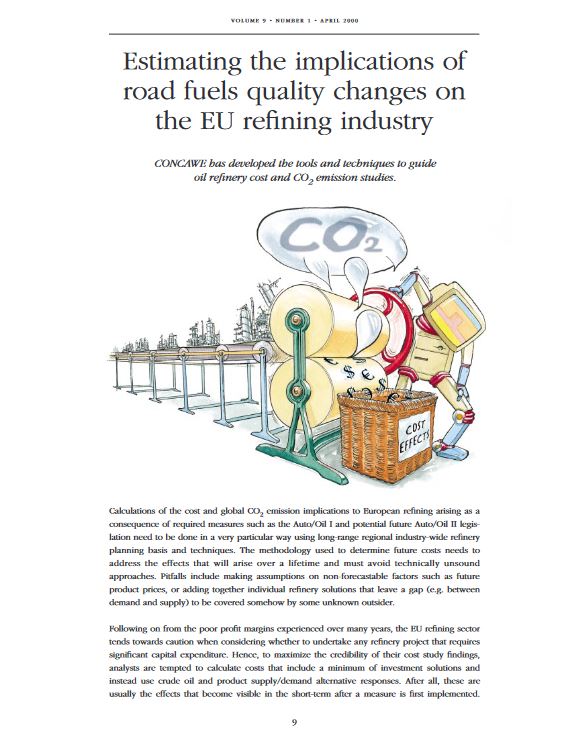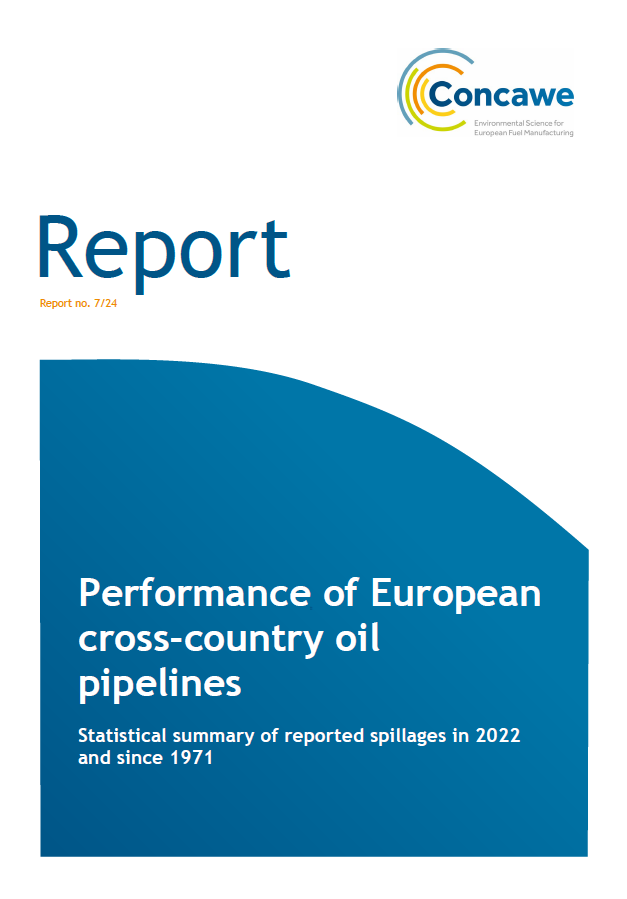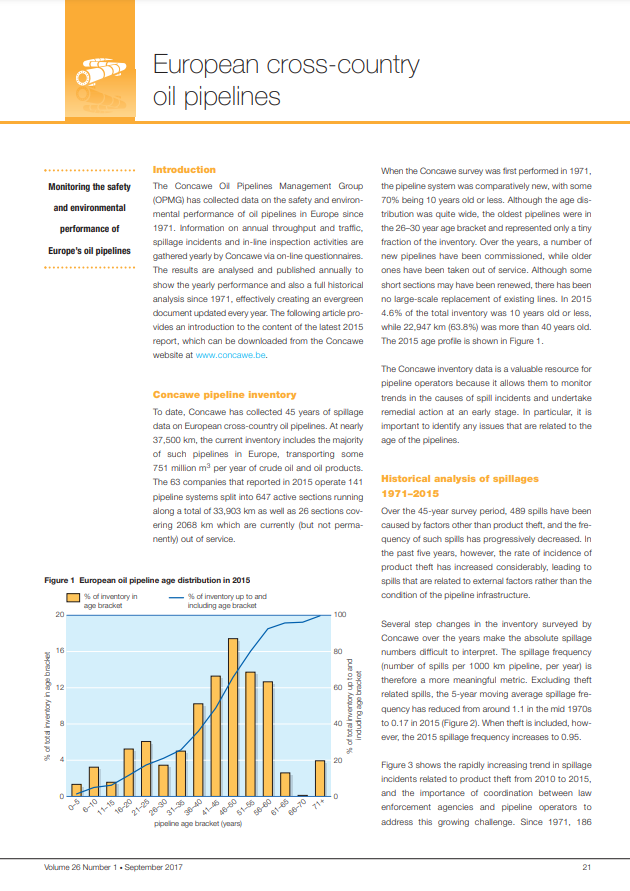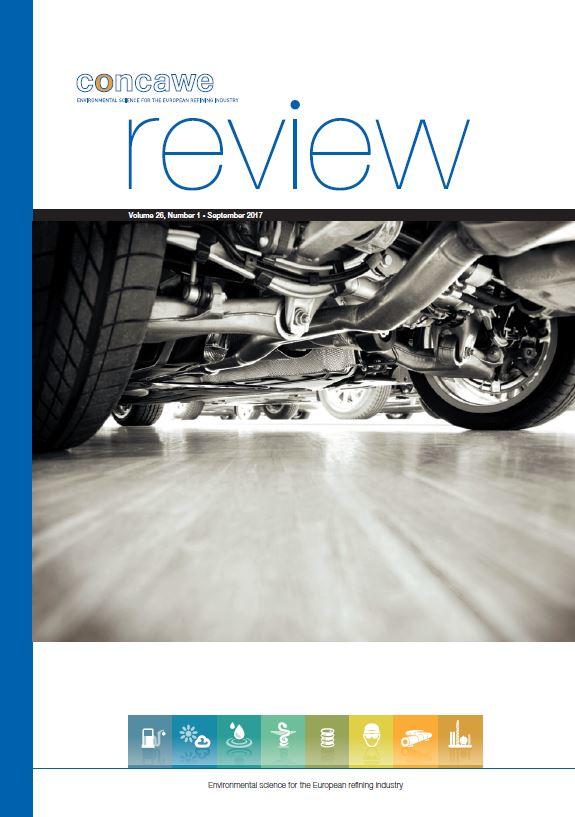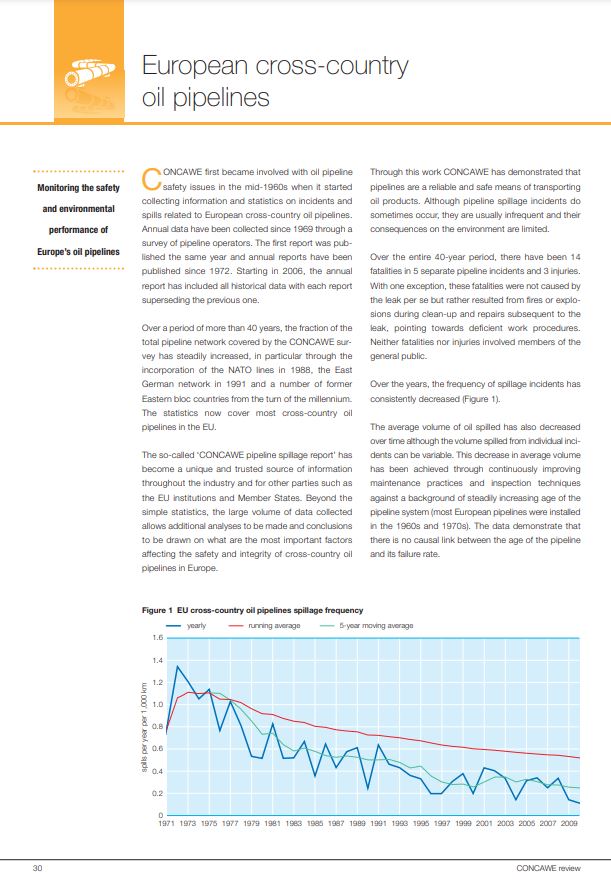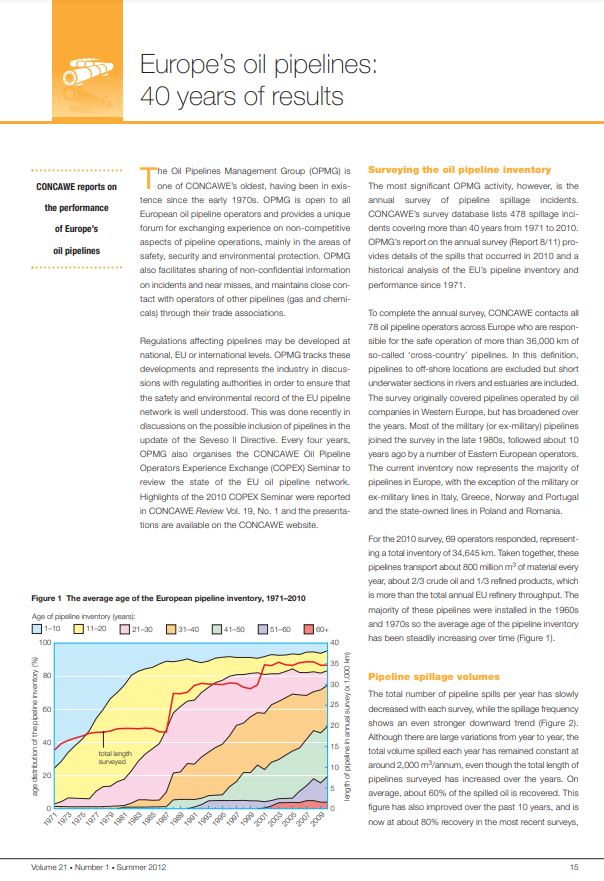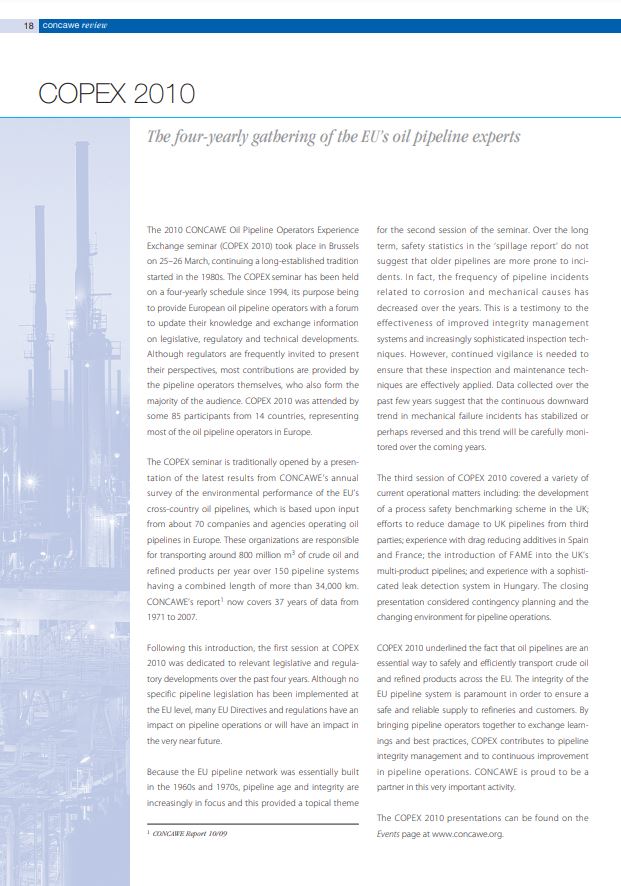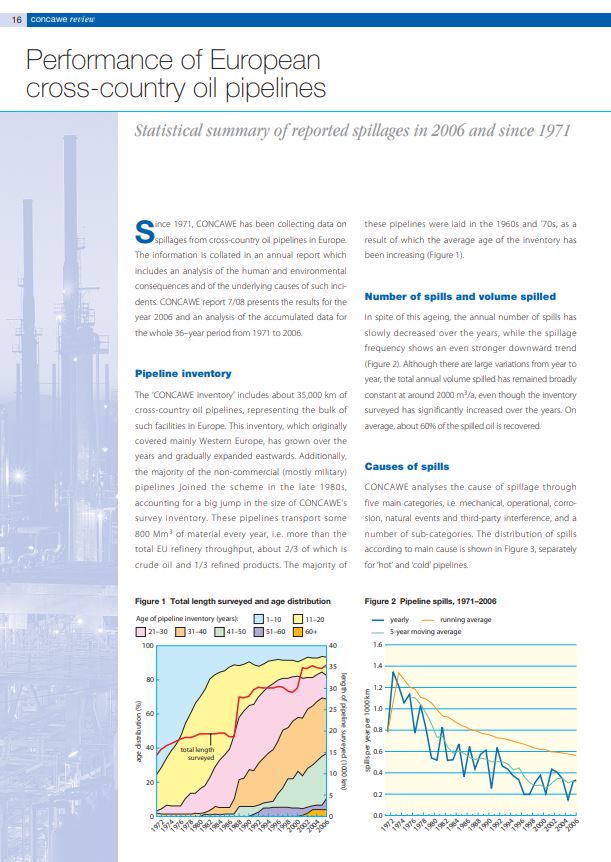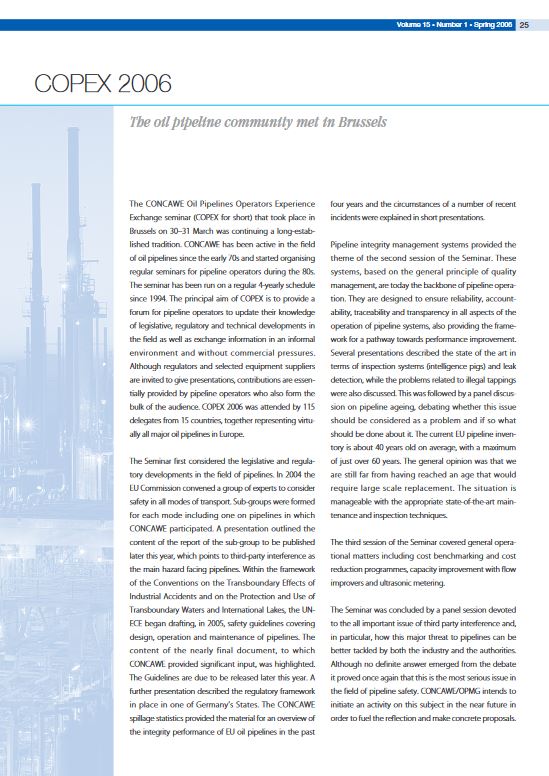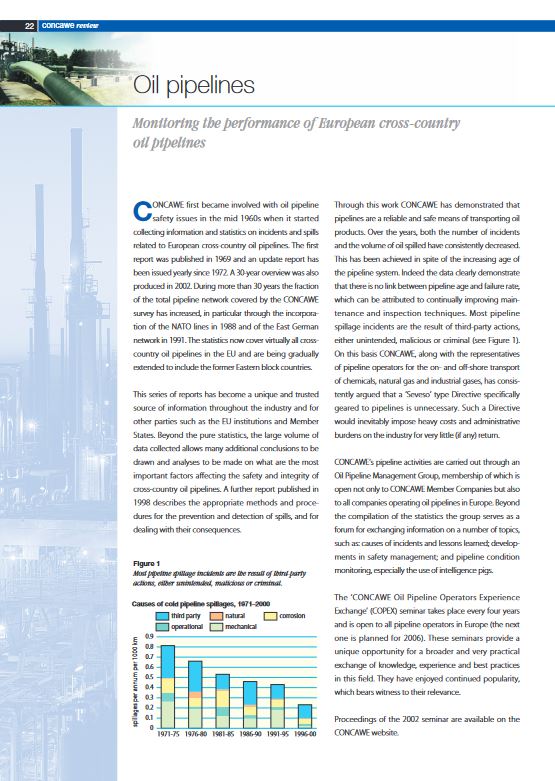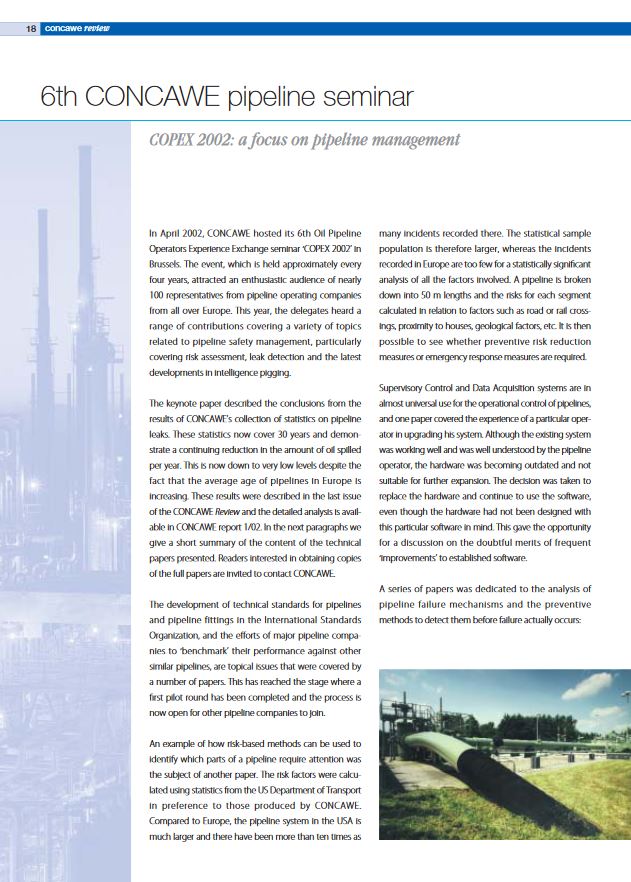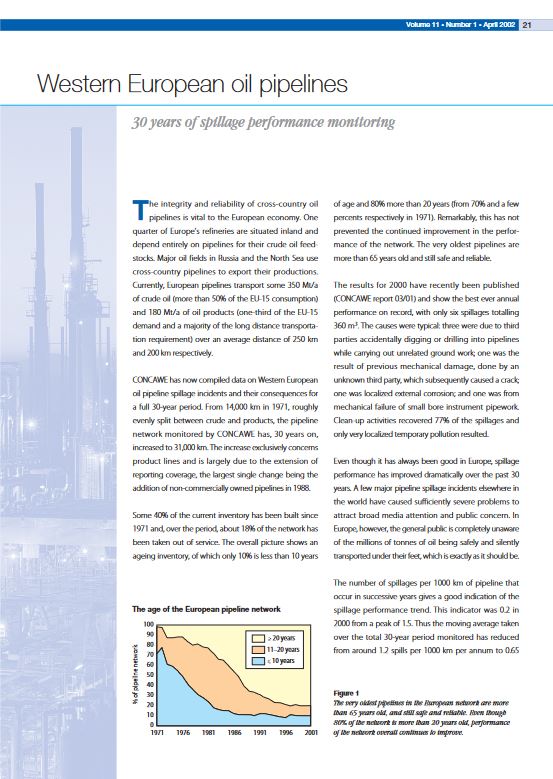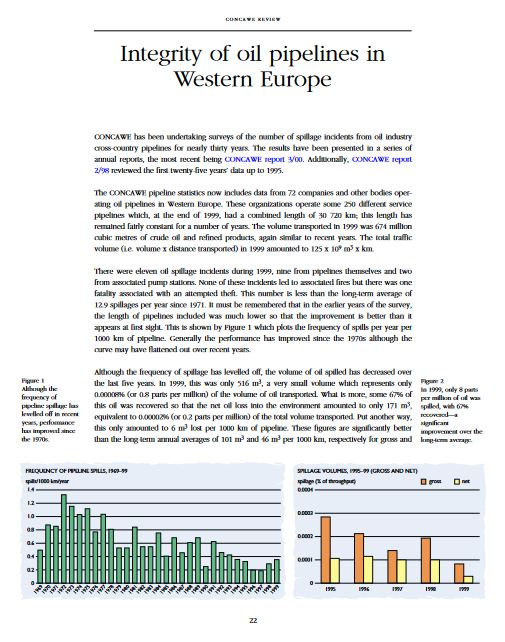Manufacturing and Feedstocks
This section investigates sustainable feedstock availability and fuels manufacturing towards the transition to climate neutrality.
In line with the Paris Agreement on climate change, the EU Commission took the initiative in Dec 2019 to launch its ambitious long-term “EU Green Deal” package which shows Europe’s commitment to lead the path towards a more sustainable, circular and climate-neutral economy. The energy landscape will be under pressure for evolving as quickly as possible, improving efficiency, minimising GHG and pollutants emissions as well as evolving towards renewable energy sources to meet the target dictated by climate change while maintaining a prosperous economy and society. Within this long-term strategy, the role of traditional oil-based refineries in the future EU economy is strongly questioned in both the technical and policy debate.
In view of the Green Deal priorities and the challenges to technically inform the discussions on the evolving role of refineries from today towards 2050, Concawe is exploring a cross-sectorial Low Carbon Pathways (LCP) programme, identifying opportunities and challenges for different low-carbon technologies and feedstocks to achieve a significant reduction of the CO2 emissions associated with both the manufacturing and use of refined products in Europe in the medium (2030) and longer-term (2050).
All interested stakeholders can have access to all our relevant LCP-related publications and events/conferences. A series of publications has already been published and more will follow articulated around two main areas:
- The evolution of the Refining industry towards 2050;
- Demand scenarios and techno-economic analysis of the different low-carbon fuels;
- Sustainable feedstock availability, supply chain and impact on biodiversity.
It is important to note that none of Concawe’s LCP-related work is intended to serve as a roadmap for the whole EU refining and transport industries. Different factors coupled with local and structural constraints will determine individual companies’ preferred route to contribute to EU goals to mitigate climate change.
The evolution of the demand for petroleum products and quality specifications, of crude oil supply and, more generally, of the economic environment has a profound impact on the EU refining industry. Continuing to supply the market in this evolving context while transforming towards climate neutrality requires continuous adaptation, which leads to investment requirements and at the same time influences the refinery’s energy consumption and reduces the CO2 emissions.
Since the mid-90s, Concawe has maintained a sophisticated capability for modelling EU refineries in order to assist the industry in understanding and anticipating these impacts. Focused modelling studies are conducted by Concawe and have resulted in a number of published reports dealing with the impact on refining of issues such as the progressive reduction of the sulphur content of marine fuels.
Concawe also provides a significant technical contribution to the development of guidelines for the implementation of the EU GHG Emissions Trading Scheme (ETS) and the Carbon Border Adjustment Mechanism (CBAM) legislation, specifically the development of Monitoring and Reporting Guidelines and of a benchmarking scheme for refinery CO2 emissions. These contributions draw from the expertise of Concawe and its Member Companies’ experts in fields such as the sources of GHG emissions in refineries and the energy intensity of individual refinery process units relative to their complexity.
Pipelines are a long-established, safe and efficient mode of transport for crude oil and petroleum products. They are used both for short-distance transport (e.g., within a refinery or depot, or between neighbouring installations) and over long distances.
An extensive network of cross-country oil pipelines is used to supply a large proportion of the transportation of petroleum products consumed in Europe.
Since 1971 Concawe has been collecting facts and statistics on incidents and spills related to European cross-country pipelines. Results are published yearly in a report including a full historical analysis. Third-party interference has been identified as a major factor in many spills and to address this issue Concawe supports the replication of existing initiatives across the EU (such as one-call systems, as used in the Netherlands and France), to better control third-party activities that could result in pipeline damage.
This area of Concawe’s activity is open to all companies operating oil pipelines in Europe, whether they are a Concawe Member Company or not. It provides a forum for the exchange of information between pipeline operators on technical progress and lessons to be learned from incidents. Concawe’s analyses and reports on oil pipelines management have contributed to a significant reduction of spills through the years.
